
Laren Becker, MD, PhD, a physician-scientist at Stanford University, discussed how gastrointestinal dysfunction and peripheral dopaminergic activity impact Parkinson disease treatment and progression.

Laren Becker, MD, PhD, a physician-scientist at Stanford University, discussed how gastrointestinal dysfunction and peripheral dopaminergic activity impact Parkinson disease treatment and progression.

Continuous subcutaneous apomorphine infusion significantly reduces OFF episodes and enhances ON time in Parkinson's disease patients, improving overall health status.
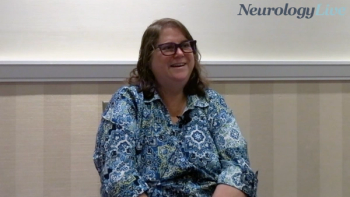
The nurse practitioner in the Center for Movement Disorders & Neurorestoration at the University of Florida discussed a complex case of childhood-onset dystonia treated with DBS. [WATCH TIME: 6 minutes]

Research reveals that delayed-release amantadine significantly reduces Parkinson disease symptoms and medication use, offering patients improved quality of life.

As the first FDA-approved treatment for Alzheimer agitation, brexpiprazole showcased effective symptom relief with a favorable safety profile.
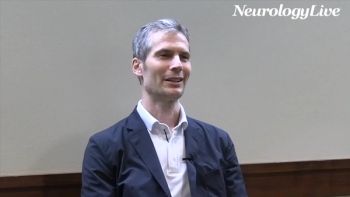
The associate professor of neurology at the Icahn School of Medicine at Mount Sinai explained how his team validated an iRBD actigraphy classifier across new devices and datasets to enhance early, scalable screening for neurodegenerative disease. [WATCH TIME: 5 minutes]
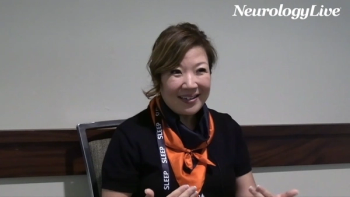
The sleep and stroke neurologist at Barrow Neurological Institute provided insights on the potential of sleep-boosting strategies—including pharmacologic options—to enhance glymphatic clearance and improve stroke recovery outcomes. [WATCH TIME: 4 minutes]

A physician assistant specializing in Parkinson disease shared key clinical considerations for selecting and educating patients about on-demand therapies for the movement disorder.
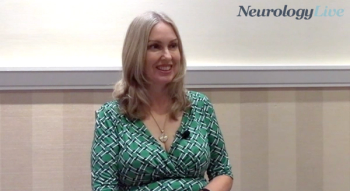
At ATMRD 2025, a patient advocate living with PD and advisory board member of the Parkinson's Foundation outlined key nonpharmacologic tools that have supported her care journey. [WATCH TIME: 5 minutes]
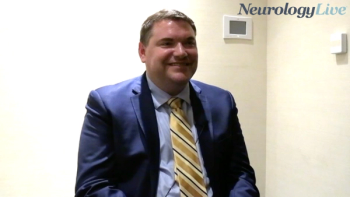
The neurologist at Christiana Care discussed how focused ultrasound may be emerging as a preferred, less invasive treatment option for essential tremor, especially in older patients with comorbidities. [WATCH TIME: 5 minutes]
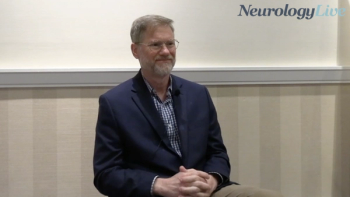
The director of the Movement Disorders Clinic at Houston Methodist Hospital discussed the distinct features, progression, and clinical implications of psychosis in Parkinson disease. [WATCH TIME: 4 minutes]
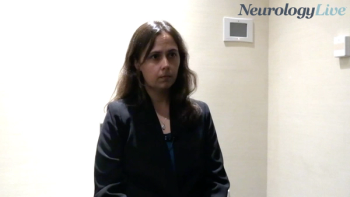
The movement disorder neurologist at University of Rochester Medical Center outlined a 5-pillar model that emphasized holistic care, patient-centered communication, and proactive support in movement disorders. [WATCH TIME: 5 minutes]
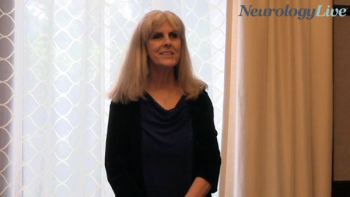
The professor of psychology at Avila University discussed how cognitive behavioral therapy and social support can help to improve quality of life for individuals with Parkinson disease. [WATCH TIME: 4 minutes]
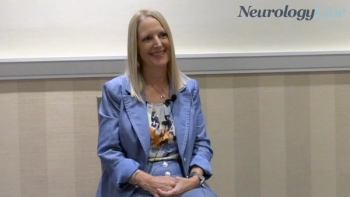
The chief program officer at PMD Alliance discussed the value of combining experiential learning and holistic care strategies to support advanced therapeutics in Parkinson disease. [WATCH TIME: 4 minutes]

A recent analysis reveals significant links between sleep, quality of life, and daily activities in patients with Parkinson disease, highlighting benefits of Vyalev treatment.

Daniel Irizarry, MD, a former physician and patient living with PD, discussed how hands-on simulation training could enhance clinician empathy and improve treatment strategies.

Continuous subcutaneous apomorphine infusion enhances confidence and reduces treatment burden for Parkinson's patients, improving daily activity engagement.

Cynthia Fox, PhD, CCC-SLP, CEO and co-founder of LSVT Global, discussed the evolution of rehabilitative therapies in PD and stressed early referrals for speech, physical, and occupational therapy.

The design of a phase 2 study, presented at ATMRD 2025, highlighted the trial’s patient-focused approach, allowing patients with Parkinson disease to complete visits either at home or in a clinic.
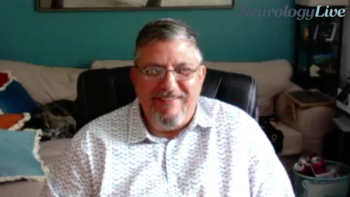
The medical advisor at Tactical Medical Solutions shared insights from both clinical and personal perspectives on the importance of empathy and active listening in managing Parkinson disease. [WATCH TIME: 3 minutes]

New findings reveal eptinezumab significantly reduces migraine days and medication use in chronic migraine patients, offering hope for effective treatment.
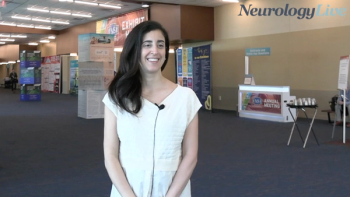
The assistant professor in the Department of Neuroscience at Université de Montréal discussed the importance of weighing the risks of multiple sclerosis against treatment risks, emphasizing individualized care. [WATCH TIME: 4 minutes]

Chia-Chun Chiang, MD, associate professor of neurology at Mayo Clinic Rochester, discussed how AI-based ECG and imaging tools can aid in predicting stroke and cardiovascular outcomes in patients with migraine.

The chair of neurology at the University of South Carolina discussed findings from a study recently presented at AHS 2025 that linked migraine to autonomic dysfunction, increased risk of atrial fibrillation, and cardioembolic stroke. [WATCH TIME: 5 minutes]
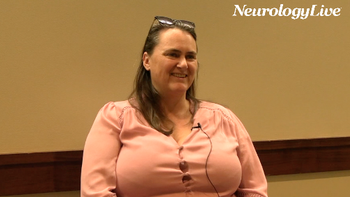
The postdoctoral researcher at the Woolcock Institute of Medical Research highlighted EEG-based evidence supporting ALKS 2680's wake-promoting effects in patients with narcolepsy and idiopathic hypersomnia. [WATCH TIME: 3 minutes]
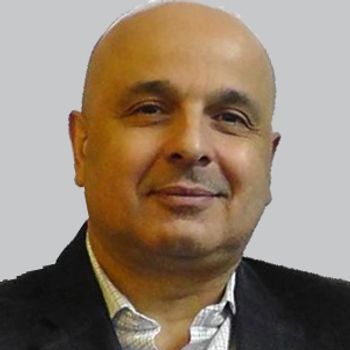
Fremanezumab shows significant long-term effectiveness in reducing migraine frequency and severity, enhancing patient outcomes in chronic and episodic cases.
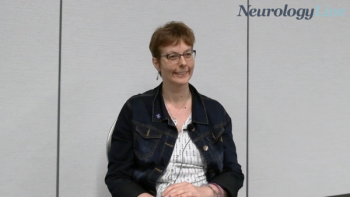
The neurologist and headache specialist at the Montreal Neurological Clinic spoke about a recent national survey presented at AHS 2025 that revealed insightful patient perspectives in migraine. [WATCH TIME: 5 minutes]

Jennifer Robblee, MD, MSc, headache neurologist at the Barrow Neurological Institute, talked about an expert panel that developed a consensus definition for refractory migraine.

Nathaniel M. Schuster, MD, associate clinic director at the UC San Diego, talked about findings from a study of vaporized cannabis in treating patients with acute migraine presented at AHS 2025.

Laura Sebrow, PhD, a post doctoral neuropsychology fellow at North Shore University Hospital, discussed the relationship between patients’ reported cognitive difficulties and measurable cognitive performance during different migraine phases.